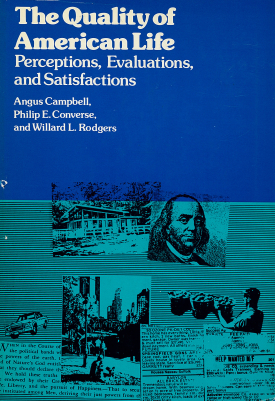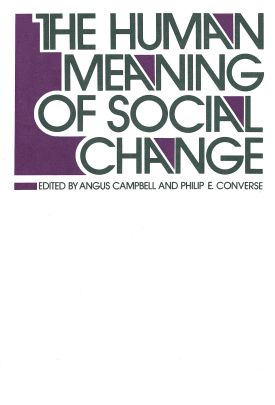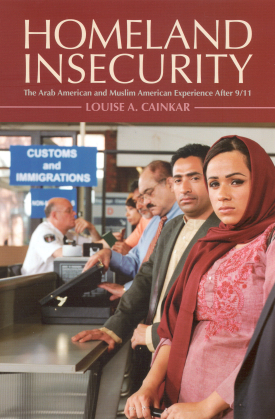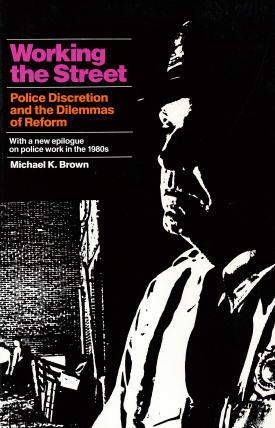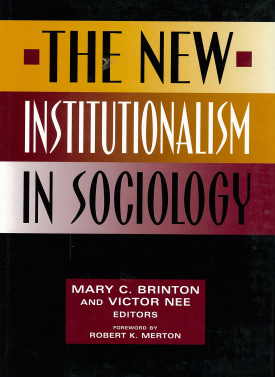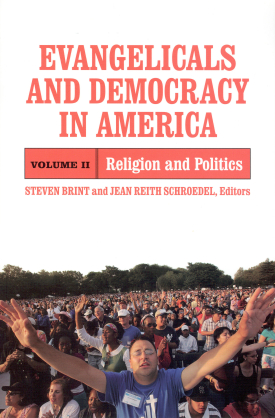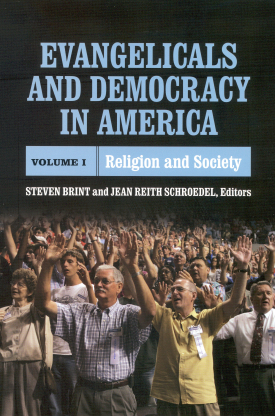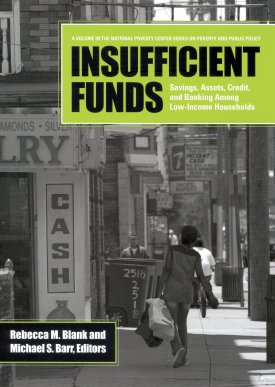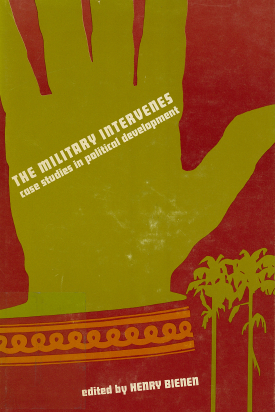
The New Feminist Movement
About This Book
The feminist movement has become an established force on the American political and social scene. Both the small consciousness-raising group and the large, formal organization command the attention of our legislative bodies, media, and general public. Maren Lockwood Carden's new book is the first to look beyond feminist ideas and rhetoric to give a detailed study of the movement—its structure, membership, and history of the organizations that form a major part of present-day feminism. Fair, objective, and comprehensive, her study is based on participant observation and in-depth interviews with rank and file members and local and national leaders in seven representative cities during 1969-1971.
In Dr. Carden's analysis, the movement has two divisions. First, the hundreds of small, informal "Women's Liberation" consciousness-raising and action groups. Second, the large, formally structured "Women's Rights" organizations like the National Organization for Women (NOW) and the Women's Equity Action League. For both types of organizations, Dr. Carden covers members' reasons for participation; organizational structure; strategies and actions; and the relationship between ideology and structure, including the attempts by many groups to work as "participatory democracies." She also discusses the development of the movement from the mid-sixties to the present, and evaluates the long-term prospects for achieving the objectives of the various new feminist groups.
Anyone interested in organizations, personality and society, and social change will welcome this detailed description and history of a complex and rapidly changing social movement. Highly readable and free of technical jargon, The New Feminist Movement tells us what's been happening to women in the last decade, what they want now, and where they may be headed in the future.
MAREN LOCKWOOD CARDEN has recently been visiting lecturer and visiting associate professor of sociology at Yale University.

